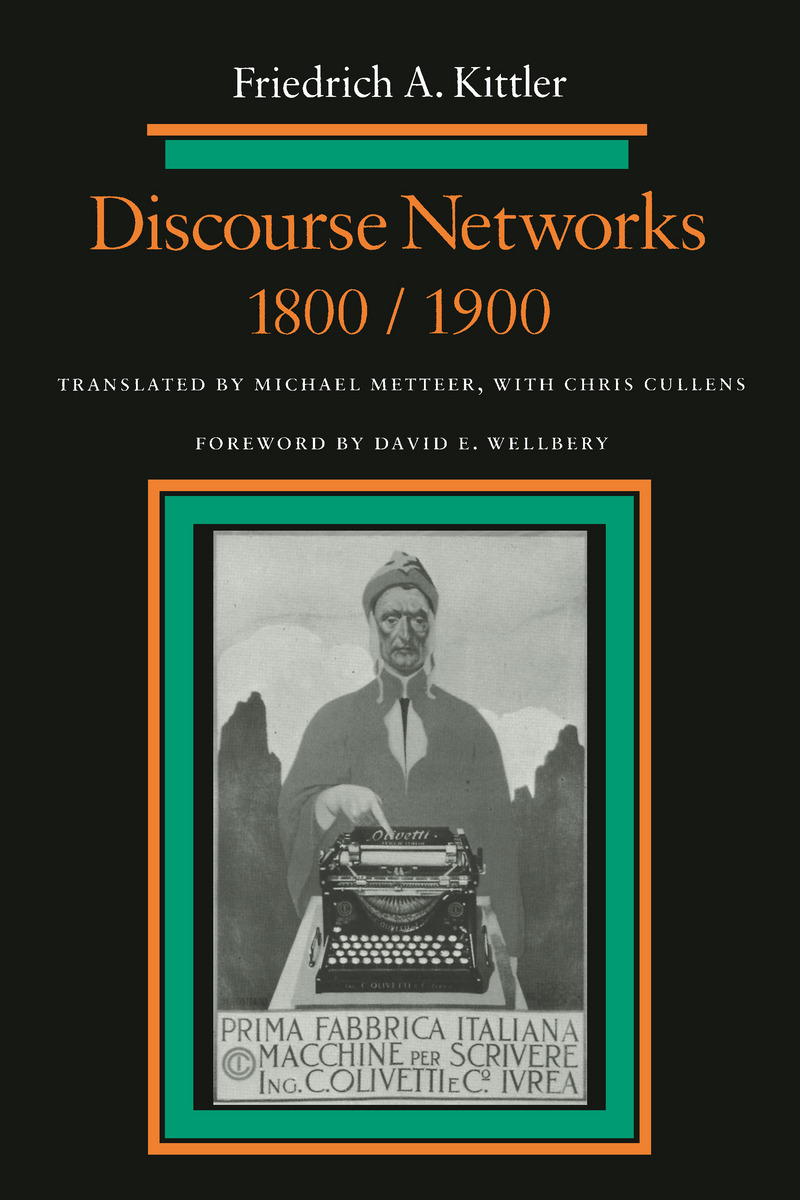Viktor Tausk: On the Origin of the “Influencing Machine” in Schizophrenia (1919/1933)
Filed under paper | Tags: · influencing machine, machine, psychiatry, psychoanalysis, schizophrenia

“On the Origin of the ‘Influencing Machine’ in Schizophrenia is a highly influential article written by psychoanalyst Viktor Tausk.
The paper describes Tausk’s observations and psychoanalytic interpretation of a type of paranoid delusion that occurs in patients diagnosed with schizophrenia. The delusion often involves their being influenced by a ‘diabolical machine’, just outside the technical understanding of the victim, that influences them from afar. It was typically believed to be operated by a group of people who were persecuting the individual, whom Tausk suggested were “to the best of my knowledge, almost exclusively of the male sex” and the persecutors, “predominantly physicians by whom the patient has been treated”.
These delusions are known in contemporary psychiatry as ‘passivity delusions’ or ‘passivity phenomena’ and are listed among Kurt Schneider’s ‘first rank’ symptoms which are thought to be particularly diagnostic of schizophrenia, and still form some of the core diagnostic criteria.” (from Wikipedia)
Originally published in the journal Internationale Zeitschrift für Psychoanalyse, 1919.
Translated from German by Dorian Feigenbaum
Published in Psychoanalytic Quarterly, 2, 1933, pp 519-556
Republished in Journal of Psychotherapy Practice and Research, Vol 1, No 2, Spring 1992, pp 184-206
Image courtesy Zoe Beloff
artwork by Zoe Beloff inspired by the case (2001)
animated video by Brooke Gladstone and Benjamin Arthur explaining the case (2011)
article by Christopher Turner (Cabinet, 2004)
Axel Honneth: The Critique of Power: Reflective Stages in a Critical Social Theory (1985/1991)
Filed under book | Tags: · critical theory, critique, hermeneutics, history, philosophy, philosophy of history, power, psychoanalysis, social theory

Axel Honneth’s Critique of Power is a rich interpretation of the history of critical theory, which clarifies its central problems and emphasizes the “social” factors that should provide that theory with a normative and practical orientation.
Honneth focuses on the dialog between French and German social theory that was beginning at the time of Michel Foucault’s death. It traces the common roots of the work of Foucault and Jürgen Habermas to a basic text of the last generation of critical theorists – Max Horkheimer and Theodor Adorno’s Dialectic of Enlightenment – and draws from this connection the outline of a program that might unite and surpass their seemingly irreconcilable methods of critiquing power structures. In doing so, Honneth provides a constructive and nonpolemical framework for comparisons between the two theorists. And he presents a novel interpretation of Foucault’s analysis of social systems.
Honneth traces the internal contradictions in critical theory through an analysis of Horkheimer’s early programmatic writings, the Dialectic of Enlightenment, and Adorno’s later social-theoretical writings. He shows how Habermas and Foucault in their distinctive ways reinserted the social world into critical theory but argues that neither operation has been wholly successful. His cogent analysis redirects critical social theory in ways that can draw on the strengths and avoid the weaknesses of the two approaches.
Originally published in German under the title Kritik der Macht. Reflexionsstufen einer kritischen Gesellschaftstheorie, Suhrkamp Verlag, Frankfurt am Main, 1985
Translated by Kenneth Baynes
Publisher MIT Press, 1991
Studies in Contemporary German Social Thought series
ISBN 0262581280, 9780262581288
372 pages
review (Elaine Martin)
Comment (0)Friedrich A. Kittler: Discourse Networks 1800/1900 (1985–) [German, English]
Filed under book | Tags: · communication, discourse, history of literature, language, literary theory, literature, media, media archeology, media technology, media theory, philosophy, psychoanalysis, psychophysics, technology, writing

“This is a highly original book about the connections between historical moment, social structure, technology, communication systems, and what is said and thought using these systems–notably literature. Friedrich Kittler focuses on the differences between ‘discourse networks’ in 1800 and in 1900, in the process developing a new analysis of the shift from romanticism to modernism. The artful structure of the book begins with Goethe’s Faust and ends with Valéry’s Faust. In the 1800 section, the author discusses how language was learned, the emergence of the modern university, the associated beginning of the interpretation of contemporary literature, and the canonization of literature. Among the writers and works Kittler analyzes in addition to Goethe’s Faust are Schlegel, Hegel, E.T.A. Hoffman’s The Golden Pot, and Goethe’s Tasso. The 1900 section argues that the new discourse network in which literature is situated in the modern period is characterized by new technological media–film, the photograph, and the typewritten page–and the crisis that these caused for literary production. Along the way, the author discusses the work of Nietzsche, Gertrude Stein, Mallarmé, Bram Stroker, the Surrealists, Rilke, Kafka, and Freud, among others.”
Aufschreibesysteme 1800/1900
First published in 1985
Third, completely revised edition
Publisher Wilhelm Fink Verlag, Munich, 1995
ISBN 3770528816, 9783770528813
524 pages
Discourse Networks, 1800/1900
Translated by Michael Metteer, with Chris Cullens
Foreword by David E. Wellbery
Publisher Stanford University Press, 1990
ISBN 9780804720991
496 pages
Reviews: Franz Futterknecht and David Wellbery (Poetics Today, 1987, EN), Robert C. Holub (German Quarterly, 1987, EN), Thomas Sebastian (MLN, 1990, EN).
Wikipedia (DE)
Publisher (DE)
Publisher (EN)
Aufschreibesysteme 1800/1900 (German, 3rd ed., 1985/1995, removed on 2024-2-6 upon request from Brill)
Discourse Networks, 1800/1900 (English, 1990, updated to the full book on 2014-1-30 via poshumano, updated to single-page OCR’d version on 2014-1-31 via Marcell Mars)
Online version of Index of persons (at Monoskop wiki)
Comments (3)
